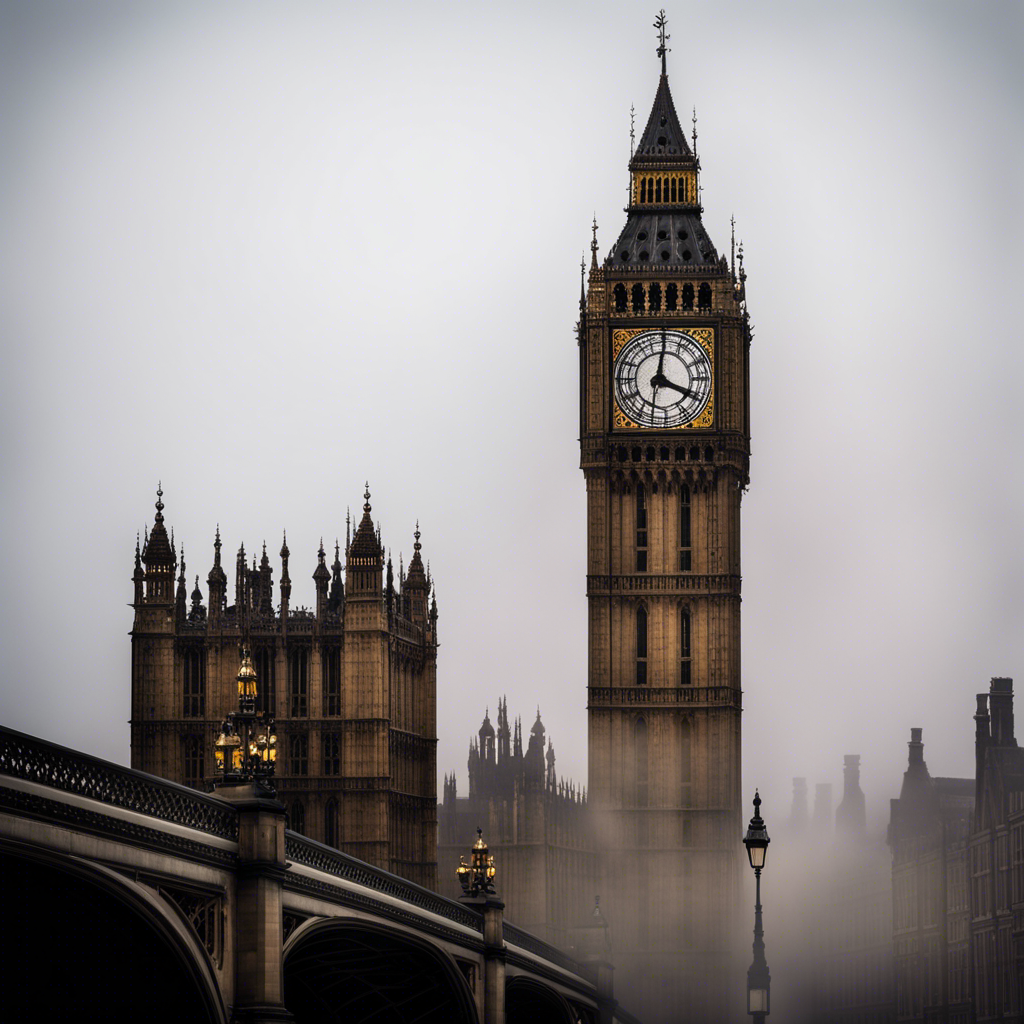Operation Kenova, a research into the involvement of British anti-terrorist forces during the Troubles, has revealed that the British state’s agents permitted fatalities to occur and evade conviction in order to safeguard their operatives within the militant group Provisional IRA. The seven-year investigation cost approximately £40 million and was published recently, shedding light on the faulty management of a two-faced agent referred to as “golden egg”. The inquiry, led by author Jon Boutcher, concluded that the actions of the mole, known by the alias Stakeknife, resulted in more casualties than rescues.
Presenting the initial findings of the 208-page report in a Belfast hotel, Boutcher expressed that the concept of ignoring the wrongdoings of agents for intel shouldn’t be tolerated today. Boutcher, who is currently the Chief Constable for the Police Service of Northern Ireland, commented on the acts carried out by Provisional IRA’s internal security unit, which was supervised by Stakeknife, saying that it was the most disgraceful and wicked he had encountered.
Boutcher chose not to comment on the number of lives that could have been saved had the security forces acted on Stakeknife’s actions. He stated that he would first share these details with the affected families and that it would be included in the final report of Operation Kenova, set to be released later this year.
Despite allegations that Stakeknife had saved hundreds of lives, the examination concluded that the true number was most likely in the tens. Due to UK government policy concerning sensitive intelligence matters, the agent widely suspected to be Freddie Scappaticci, was not mentioned in the report.
Boutcher conveyed his hope that Stakeknife would be identified in the final report, as an exception to the “neither confirm nor deny” policy. He expressed disappointment over the North’s Public Prosecution Service’s decision not to press charges regarding the Kenova investigation due to a lack of evidence.
The provisional report has proposed that both the UK government and IRA release apologies to those who suffered. Michelle O’Neill, Vice President of Sinn Féin and Stormont’s First Minister, was questioned on the issue by journalists. In her response, she expressed regret for each casualty, without exception. Furthermore, she mentioned the need for an apology to come from the UK Government. However, Chris Heaton-Harris, the Northern Secretary, disagreed, arguing against the government expressing any opinion on the report’s content before the end of any related legal matters. Furthermore, Operation Kenova suggested that a specific day, June 21st, the year’s longest day, be set aside to memorialise those who tragically died, were wounded, or affected as a result of the Troubles. The Inside Politics Podcast offers the most current discussion and analysis. You can sign up to receive prompt alerts, ensuring you have the latest news, analysis and comment sent straight to your mobile. Keep up to date with the latest news by following The Irish Times on WhatsApp.

